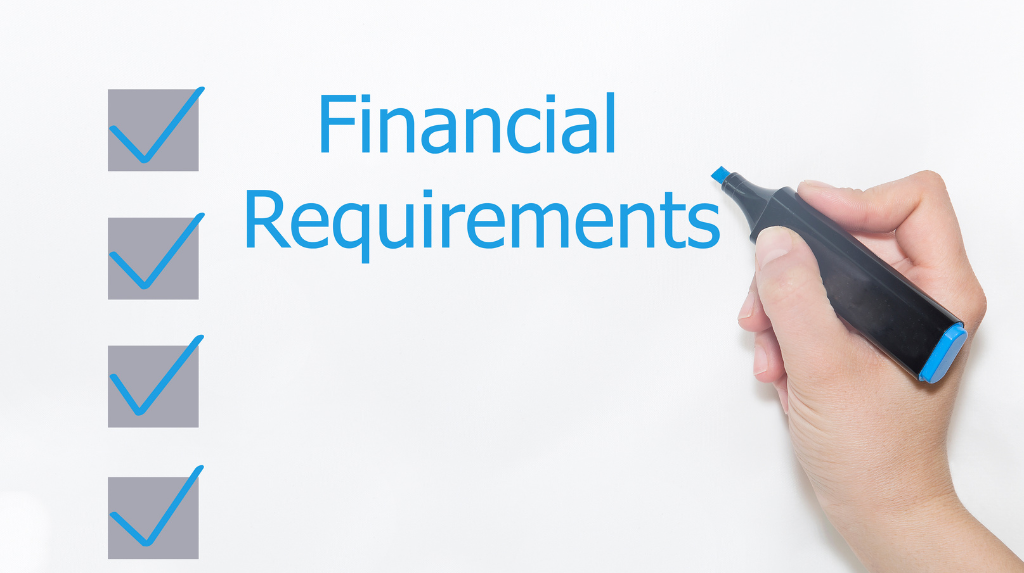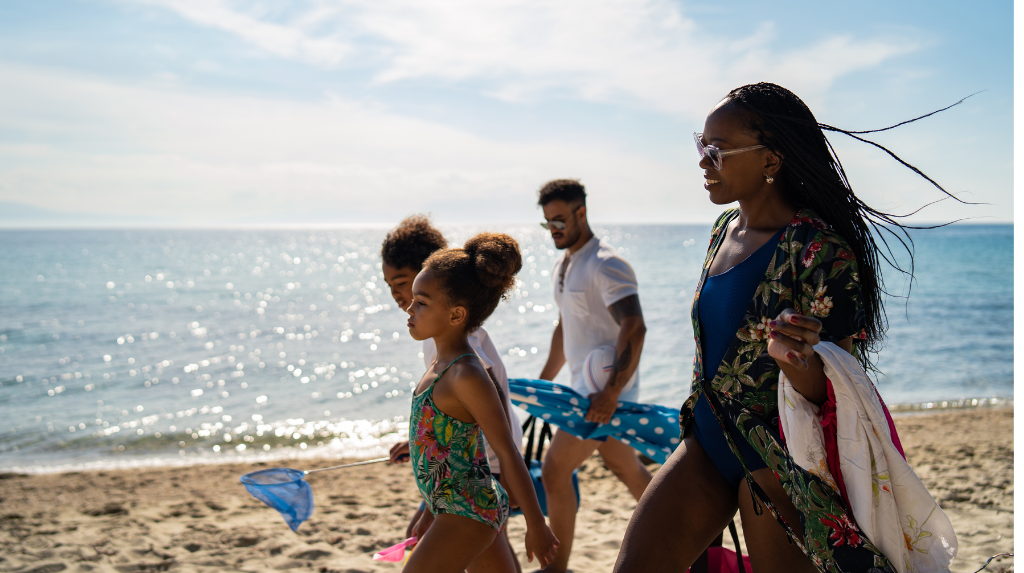Studying abroad is a dream cherished by many, and Ireland has become an increasingly popular destination for international students seeking quality education. To study in Ireland, obtaining the right student visa is crucial, and one of the significant aspects of the visa application process is meeting the financial requirements.
Understanding the Ireland Student Visa
What is an Ireland Student Visa?
An Ireland Student Visa allows foreign students to pursue various educational programs in Ireland, ranging from language courses to university degrees. This visa grants students the opportunity to reside in Ireland legally during their study period and explore the rich culture and landscapes of the Emerald Isle.
Types of Ireland Student Visas
There are different types of student visas based on the duration and type of study program. These include short-term study visas, long-term study visas, and exchange program visas.
Benefits of Studying in Ireland
Ireland offers a world-class education system with globally recognized universities and institutions. Besides quality education, students can immerse themselves in a vibrant cultural scene and enjoy the warm hospitality of the Irish people.
Financial Requirements for an Ireland Student Visa
Tuition Fees and Living Expenses
Before applying for an Ireland Student Visa, it’s essential to calculate the total cost of studying and living in the country. This includes tuition fees for the chosen course and estimated monthly living expenses.
Proof of Sufficient Funds
To obtain a student visa, applicants must demonstrate that they have enough financial resources to cover the tuition fees and living expenses for the entire duration of their studies.
Financial Documentation
Applicants are required to provide various financial documents, such as bank statements, sponsorship letters, or scholarship award letters, to verify their ability to finance their education and stay in Ireland.
Scholarships and Financial Aid
Available Scholarships in Ireland
Ireland offers a range of scholarships and financial aid options to international students, making it easier for them to pursue their academic dreams without excessive financial burden.
How to Apply for Scholarships
Applying for scholarships requires careful research and adhering to specific deadlines. Students must present compelling applications highlighting their achievements and motivations to be considered for scholarships.
Part-time Work Opportunities for Students
Work Hours and Regulations
International students in Ireland are permitted to work part-time during their academic terms and full-time during semester breaks, offering an opportunity to gain valuable work experience and supplement their finances.
Balancing Work and Studies
While part-time work can be beneficial, students must strike a balance between their work commitments and academic responsibilities to ensure they excel in their studies.
Health Insurance for International Students
Importance of Health Insurance
Having adequate health insurance is a prerequisite for obtaining an Ireland Student Visa. It provides peace of mind and access to quality healthcare services in case of emergencies.
Health Insurance Options in Ireland
Ireland offers a comprehensive range of health insurance plans specifically tailored to the needs of international students.
Accommodation Options for Students
On-campus Accommodation
Many Irish universities provide on-campus accommodation options, giving students a chance to immerse themselves in campus life and build a strong network.
Private Accommodation
Alternatively, students can explore private accommodation options such as rented apartments or shared houses, depending on their preferences and budget.
How to Apply for an Ireland Student Visa
Application Process Overview
The visa application process involves submitting necessary documents, completing the application form, and attending an interview at the Irish embassy or consulate.
Important Documents Checklist
It’s essential to compile all required documents, including acceptance letters, financial documents, and health insurance details, to ensure a smooth visa application process.
Visa Interview Preparation Tips
Interview Dos and Don’ts
The visa interview is a critical aspect of the application process. Being prepared, confident, and honest during the interview can significantly increase the chances of visa approval.
Commonly Asked Questions
Applicants should anticipate and practice answers to common interview questions, showcasing their genuine interest in studying in Ireland and their ability to manage their finances.
Studying and Living Experience in Ireland
Academic Environment
Ireland’s education system encourages critical thinking, creativity, and open discussion, providing students with a supportive learning environment.
Cultural and Social Experiences
Beyond academics, Ireland offers an enriching cultural experience with various festivals, events, and historical landmarks to explore.
Studying in Ireland is an opportunity of a lifetime for international students. By understanding the financial requirements for an Ireland Student Visa, aspiring scholars can plan their finances effectively and embark on a remarkable educational journey.
Frequently Asked Questions
What are the processing times for an Ireland Student Visa?
Processing times for an Ireland Student Visa vary based on the applicant’s nationality and the time of year. Generally, it’s recommended to apply well in advance to avoid any delays.
Can I work full-time during semester breaks?
Yes, international students are allowed to work full-time during semester breaks, offering an excellent opportunity to earn extra income.
Is it necessary to have health insurance before applying for a visa?
Yes, having valid health insurance is a prerequisite for obtaining an Ireland Student Visa.
Can I bring my family with me on an Ireland Student Visa?
In most cases, Ireland Student Visas do not permit students to bring their family members. Family members may need to apply for their visas separately.
Are English language proficiency tests mandatory for the visa application?
Applicants from non-English speaking countries may need to provide proof of English language proficiency through standardized tests like TOEFL or IELTS. However, some institutions may waive this requirement based on prior education in English-medium institutions.
Do you need an Irish Student visa?
Contact our team of skilled immigration lawyers to discuss your visa and immigration needs.
Call us on +234 812 5505 986 or WhatsApp us at +234 818 1547 085 for immediate assistance with your situation. We are available to assist you in person, over the phone, or online.





